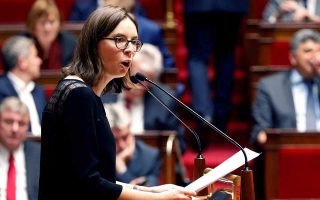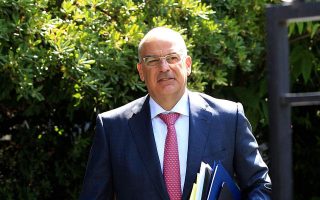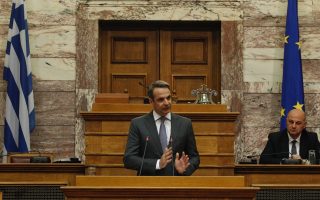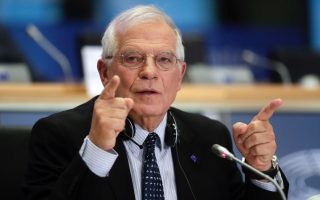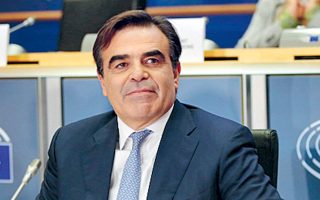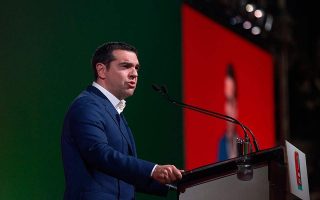EU fails to agree on talks with Albania, North Macedonia
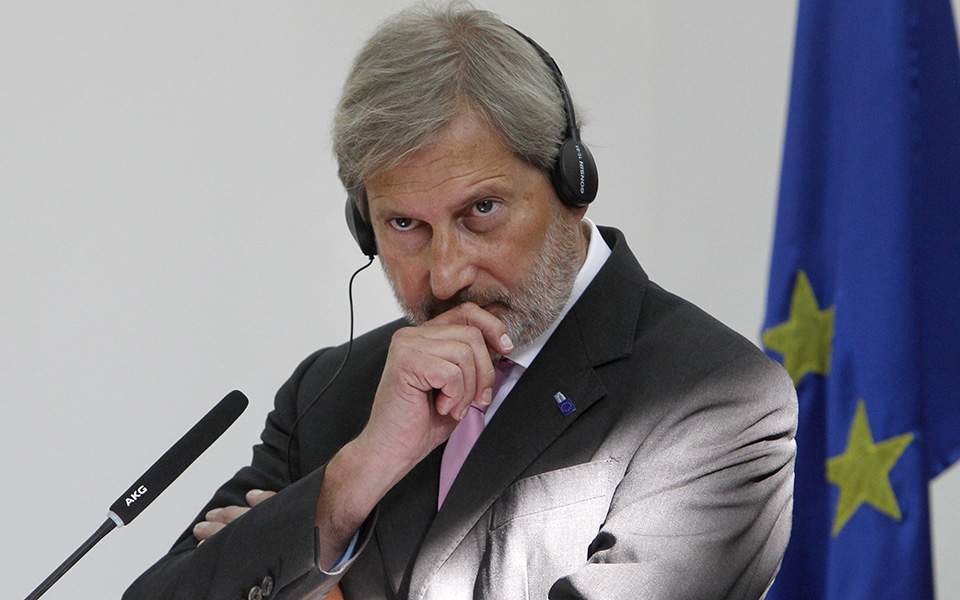
European Union ministers failed on Tuesday to reach a consensus on whether to open membership talks with Albania and North Macedonia, amid stiff opposition to the move from France.
“It was not a moment of glory for Europe,” Enlargement Commissioner Johannes Hahn told reporters in Luxembourg after taking part in a meeting of European affairs ministers.
Apologizing to the citizens of the two Balkans hopefuls, Hahn said that “the overwhelming majority” of EU member countries supported the European Commission’s recommendation to start talks with Albania and North Macedonia.
He didn’t name the countries that oppose the move, but Finnish European affairs minister Tytti Tuppurainen, who was chairing the talks because her country holds the EU’s rotating presidency, noted that there was “one member state particularly against.”
“Unfortunately today the council was not able to reach a unanimous decision. I regret that,” she said.
French President Emmanuel Macron has insisted that the 28-nation EU itself be reformed before it allows more countries to join. He and his EU counterparts will take up the issue at a two-day summit in Brussels starting on Thursday.
Previously, the leaders had pledged to Albania and North Macedonia that a firm decision on their future would be taken before the end of October.
The constant expansion of the EU over the years has complicated decision-making in the world’s biggest trade bloc, and a kind of “enlargement fatigue” had set in. Turkey’s membership talks, for example, are virtually frozen.
On taking up his post as commission president in 2014, Jean-Claude Juncker said no countries would join the EU during his term, which is due to end on Oct. 31.
But the prospect of EU membership has been a powerful force for reforms in the volatile Balkans since the former Yugoslavia disintegrated into war in the early 1990s.
EU foreign policy chief Federica Mogherini warned in May that Europe is, in terms of enlargement, “at a crossroads. We always say that it is a merit-based process, so when merit is assessed as positive it needs to be acknowledged.”
“Failure to recognize and respond to objective progress would damage the European Union’s credibility,” she said, adding that it could also “undermine stability and seriously discourage further reforms.”
Her warning came just after Serbia put its troops on full alert after heavily armed Kosovo police fired tear gas and arrested about two dozen people in Serb-dominated northern Kosovo in what they called an anti-organized crime operation.
EU-backed talks between the two on normalizing relations are bogged down.
Hahn said Tuesday that he hopes EU leaders can break the deadlock this week “in order to restore our credibility,” both in the Western Balkans but also in the eyes of the international community.
Italy’s European affairs minister, Vincenzo Amendola, said that opening talks “obviously doesn’t mean an immediate enlargement, but it gives the possible to Europe to reinforce itself in southeastern Europe which is traditionally part of our continent and should be part of enlargement. He said he hopes consensus can be reached at the summit.
[AP]
